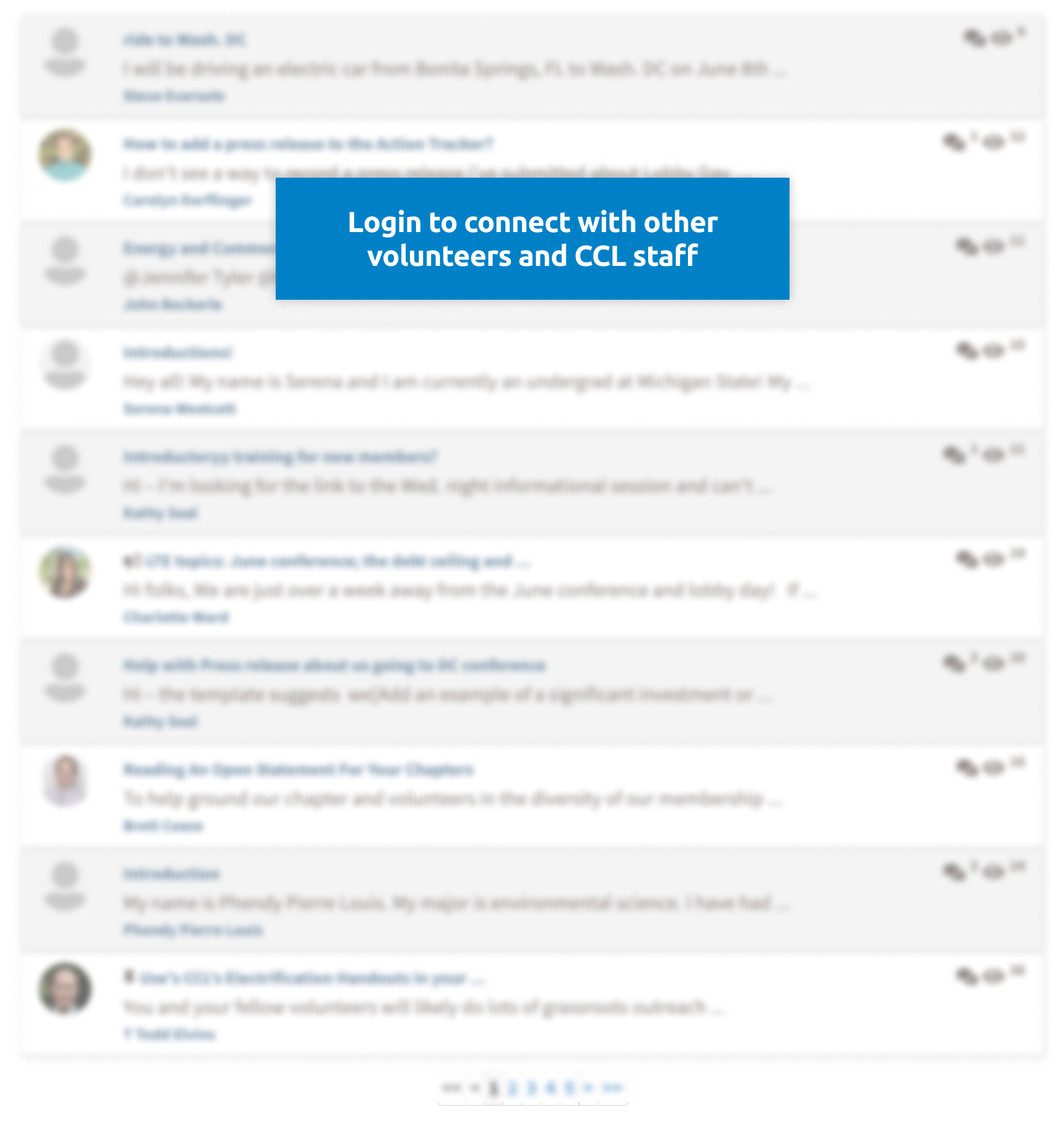Login
List of Events
Sort By Date
Starts:
01/13/2026 3:30pm PST
Starts:
01/14/2026 8:30am PST
Starts:
01/14/2026 11:00am PST
Starts:
01/14/2026 2:30pm PST
Starts:
01/14/2026 5:00pm PST
Featured Recent Discussion
